SUMMARY HIGHLIGHTS
- Wanbunka is a leading provider of high-end private experiences in Japan. If you want to do something truly special in Kyoto, then Wabunka is a great place to look.
“Sagano Romantic Train” is a bit of a misnomer.
Tourists fight to get tickets to this “romantic” train only to find that it’s anything but. The train is overcrowded, the wooden seats are uncomfortable, the conductor is loud, the ride is bumpy, and the views don’t often live up to expectations.
One Reddit user likened the crowds to the train as an “impossibly large number of clowns [coming] out of an impossibly tiny car.” I thought the analogy was hilarious.
If you’re visiting Kyoto with your partner and looking to do something romantic, then this overcrowded train may not be for you. Instead, I suggest trying something a little more exclusive.
I suggest trying Wabunka.
EXPLORE KYOTO QUICK LINKS
To help you plan your trip to Kyoto, I’ve compiled links to top-rated hotels and other travel-related services here.
KYOTO HOTELS
Recommended hotels in Higashiyama, one of the best areas to stay for first-time visitors to Kyoto.
- Luxury: Ishibekoji Muan
- Midrange: Kyo-Anthu Inn
- Budget: Santiago Guesthouse Kyoto
OTHER SERVICES
- Travel Insurance (non-US residents get 5% off)
- Airport Transfers
- JR West Kansai Area Pass
- Japan Rail Pass
- Japan eSIM
WHAT IS WABUNKA?
Wabunka is an online platform that opens the door to a different side of Japan. It offers private luxury experiences, focusing mainly on Tokyo and Kyoto, with a few options in Osaka and other cities.
What makes Wabunka stand out is its focus on exclusivity and authenticity. Unlike platforms that offer group tours, Wabunka specializes in private, personalized experiences. These aren’t typical sightseeing trips but deeper, more meaningful ways to connect with Japanese culture.
Browse their offerings and you’ll find immersive activities like meditation retreats in Japan, experiencing a tea ceremony with a private Noh performance, or dyeing and creating your own “Japan Blue” stole under the tutelage of a professional indigo dyer.
Whatever it is you’re interested in, if you’re looking for something special – something that feels more personal and enriching – then Wabunka is a great place to begin.
Founded in 2019, Wabunka is run by Japan Culture and Technology (J-CAT). They also operate Otonami, a booking platform for domestic travelers, and Wabunka Enterprise, an organizer of bespoke cultural experiences for groups and corporate events.
PRIVATE LUXURY EXPERIENCES IN KYOTO
This list features just a few of Wabunka’s offerings in Kyoto so be sure to visit their website for more.
Experience Kaiseki Cuisine at a Restaurant Founded in 1764
Kaiseki is often referred to as the pinnacle of Japanese haute cuisine. Known for its stunning presentation, kaiseki features small, artfully plated dishes crafted from the finest seasonal ingredients. While you can enjoy this multi-course meal throughout Japan, its origins can be traced back to Kyoto.
In this experience, you’ll enjoy a kaiseki course meal at Uosaburo, a historic restaurant that’s been open for over 260 years.
Click on the link to book this kaiskei course meal in Kyoto.
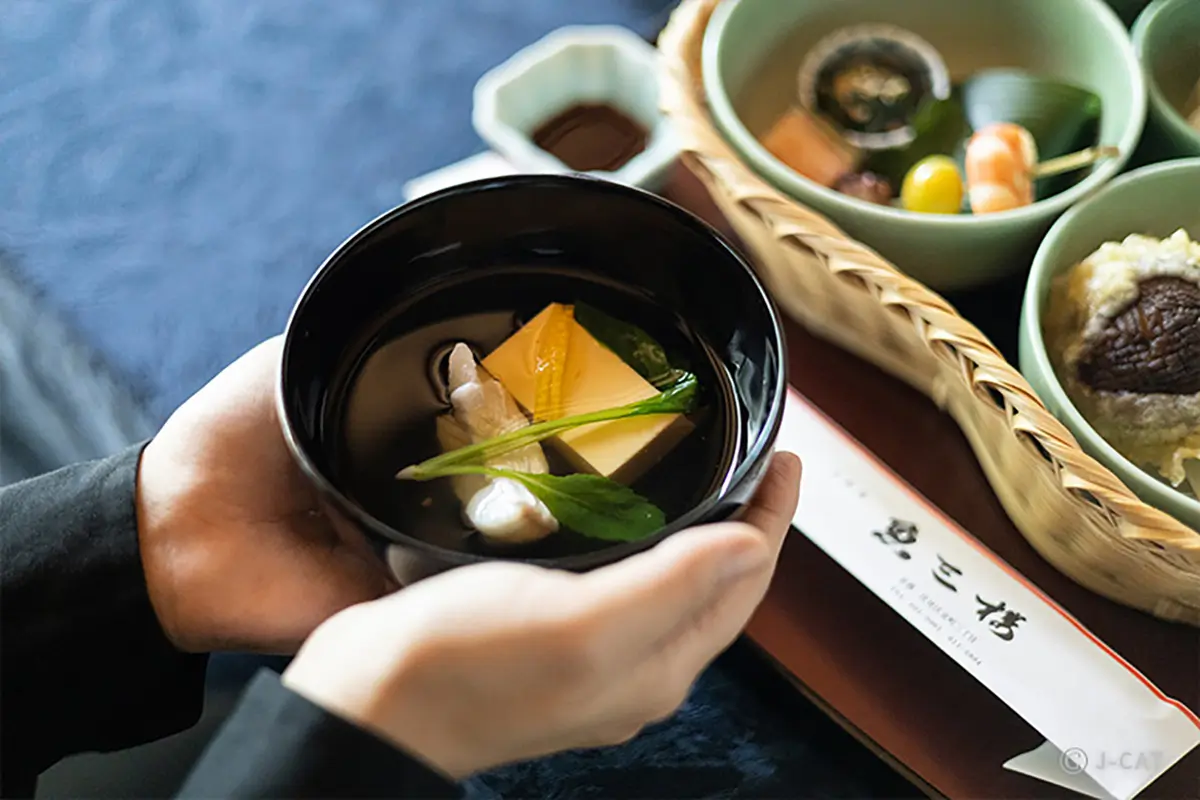
Enjoy Private Geiko (Geisha) Entertainment at a Traditional Ochaya in Gion
Geishas are a fascinating but often mysterious part of Japanese culture.
Many foreigners are unfamiliar with what they do, but geishas are essentially highly skilled artisans who entertain guests with their mastery of music, dance, and conversation. It’s a sophisticated (and unfortunately, dying) form of entertainment that few foreigners get to witness.
In this experience, you’ll enjoy bottomless drinks at Ochaya Man while being entertained by a geiko and maiko (geiko in training). In Kyoto, a geisha is referred to as geiko.
Click on the link to experience this private geisha show in Kyoto.
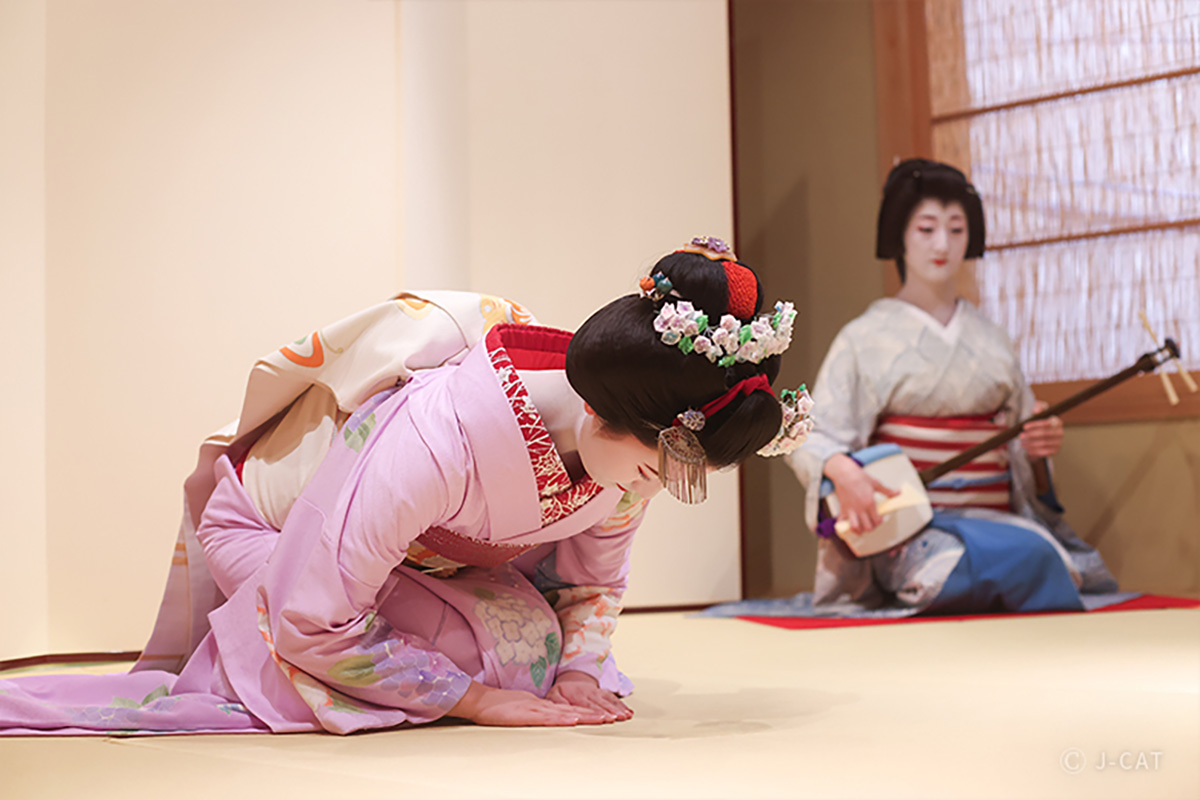
Please note that the geisha experience above only includes drinks. If you’d like to have dinner with a geisha in Kyoto, then Ochaya Man also offers a similar experience that includes a multi-course Japanese meal.
Click on the link to book this geisha dinner in Kyoto.
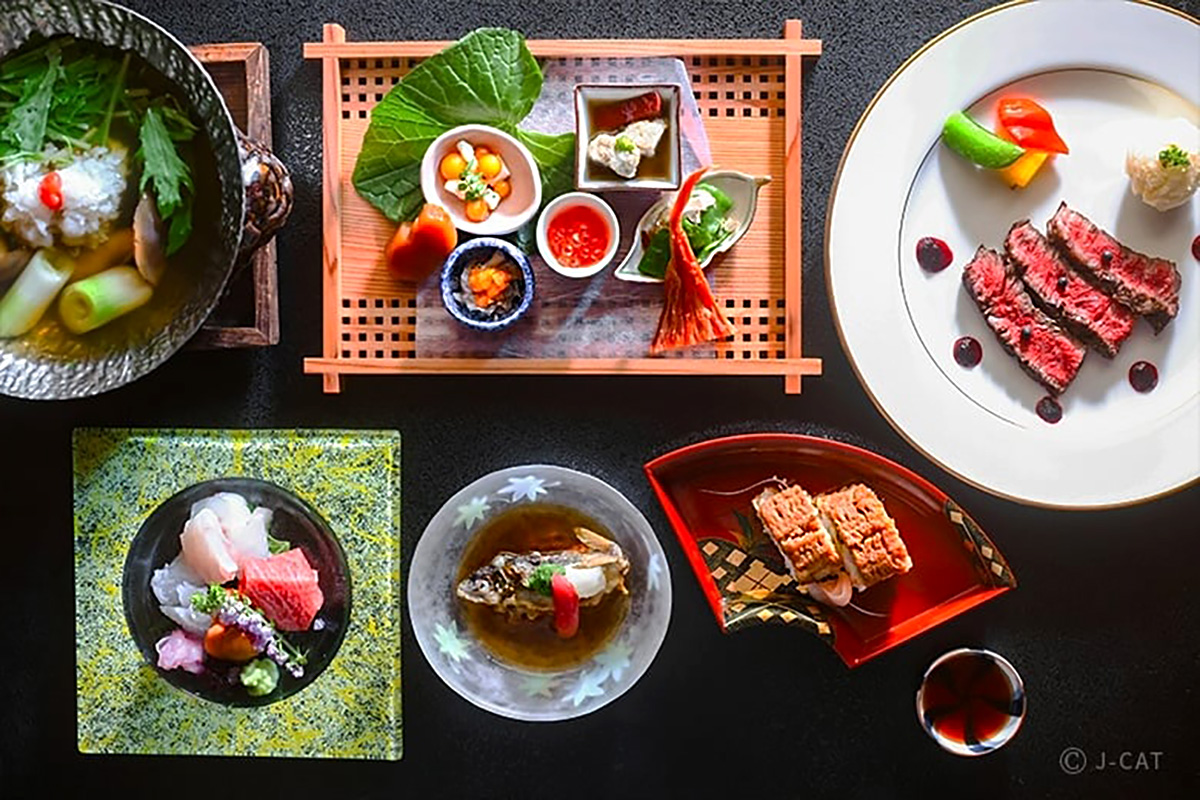
Experience a Tea Ceremony With a Private Noh Performance
Noh is a traditional Japanese theater art that tells stories through highly stylized dance, music, and poetry. Centered on supernatural themes such as ghosts and tragic events, Noh has been performed since the 14th century and is recognized as the oldest surviving form of theater in the world.
In this experience, you’ll understand the link between Noh and tea ceremonies when you enjoy matcha and wagashi before watching a private Noh performance at Shinyo Kaikan.
Click on the link for more information on this private Noh performance and tea ceremony in Kyoto.
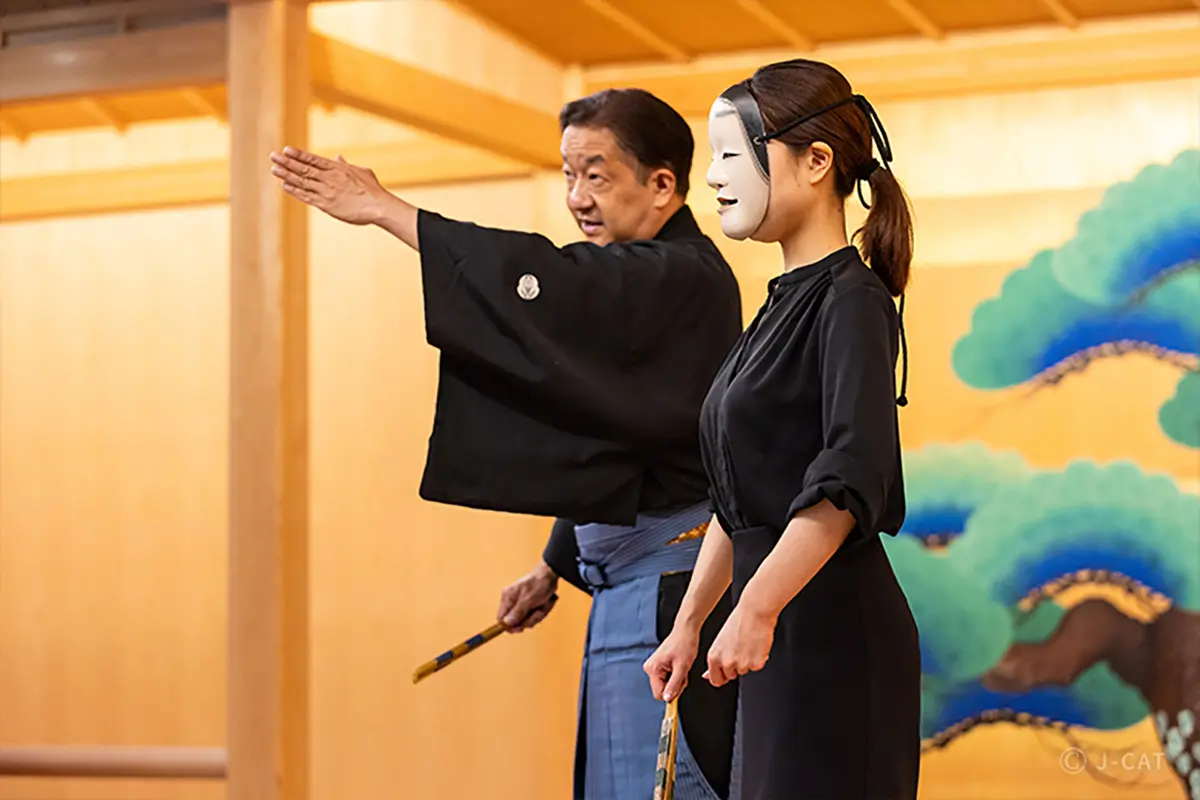
Enjoy an Authentic Tea Ceremony With Green Tea Milling in Uji
Uji, a small city between Kyoto and Nara, is the birthplace of matcha. It produces some of the finest green tea in Japan so what better place to enjoy a tea ceremony and learn about Japan’s tea culture than in Uji?
In this experience, you’ll enjoy an exclusive tea ceremony at Nakamura Tokichi Honten, a historic tea room that’s rarely open to the general public. You’ll grind tea leaves with a millstone and try chasoba (tea buckwheat noodles) and namacha (fresh tea) jelly.
Click on the link to experience this exclusive tea ceremony in Kyoto.
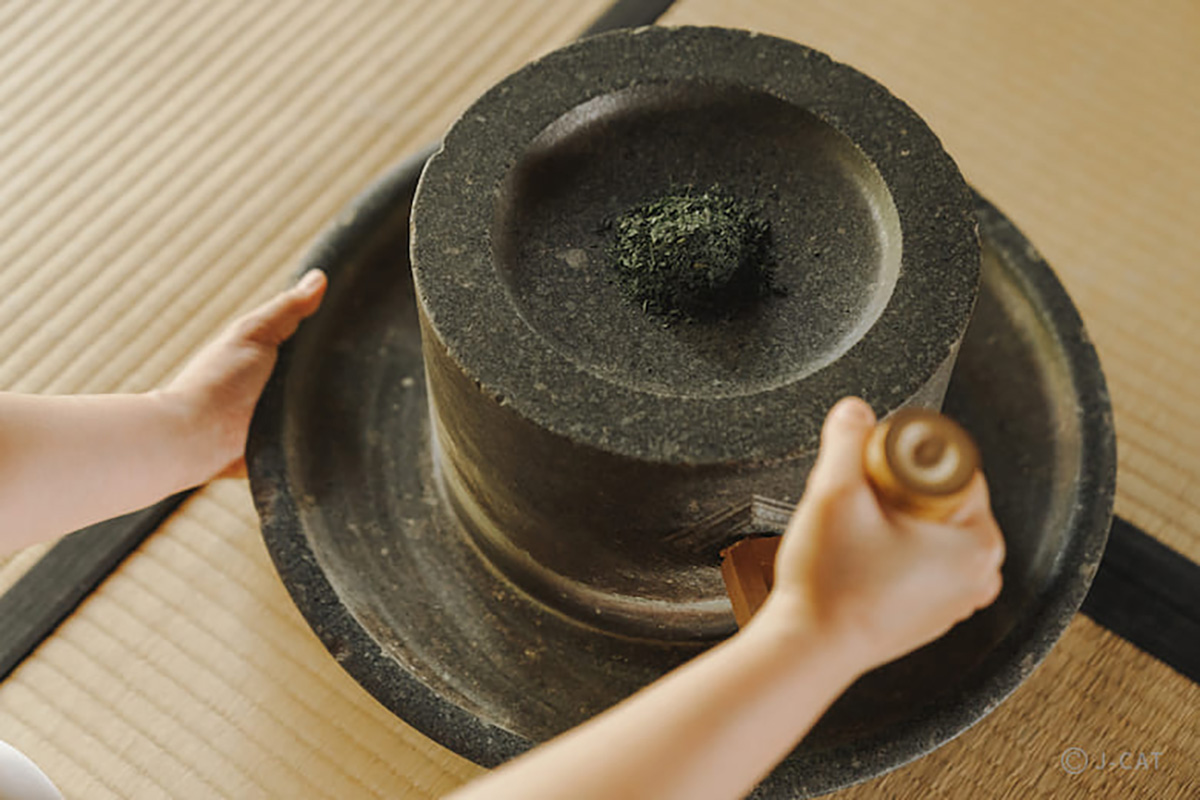
Sake Brewery Tour and Multi-Variety Sake Tasting at a Historic Brewery in Nishijin
Do you want to go sake tasting in Kyoto? If you do, then you’ve probably read about Fushimi, Kyoto’s famed sake district. But how about trying something a little different?
Founded in 1893, the Sasaki Sake Brewery is the only surviving brewery in Nishijin, the textile weaving district in Kyoto. This historic brewery sets itself apart by brewing sake with Ginmeisui, a pristine, high-quality groundwater used in tea ceremonies and tofu production.
Click on the link to book this sake brewery tour in Kyoto.
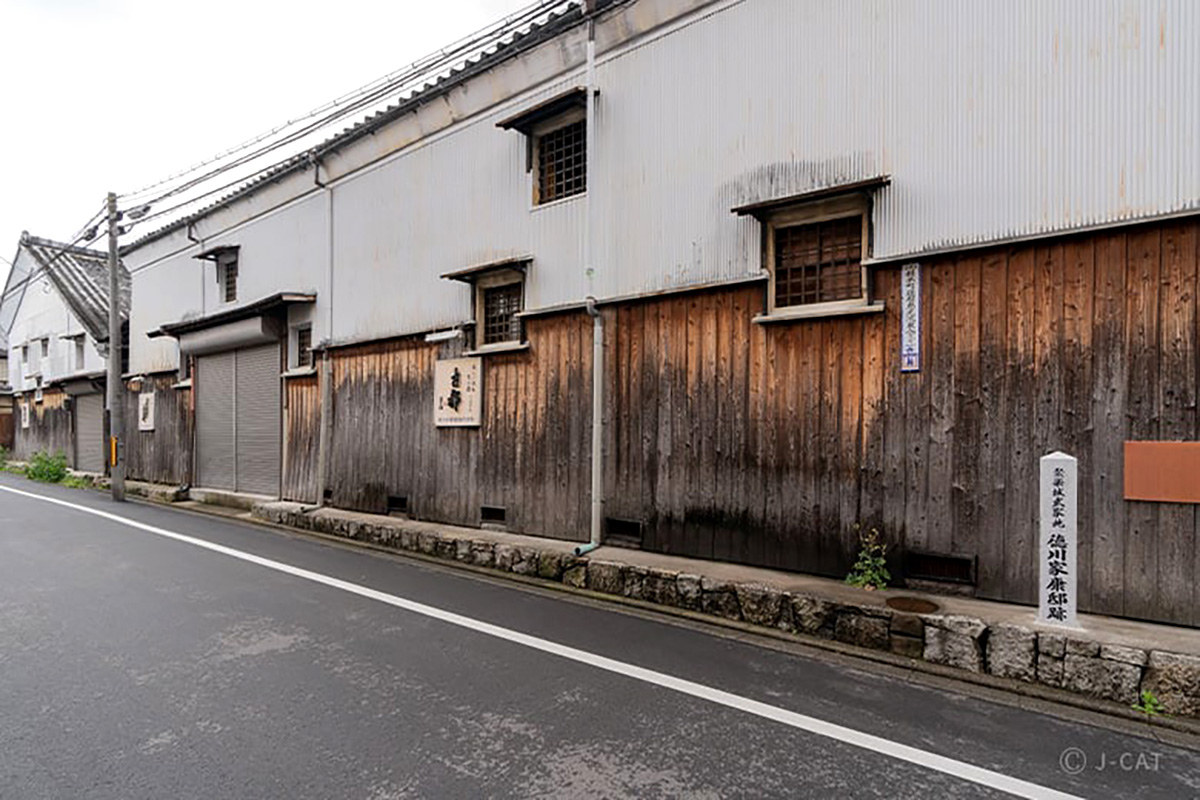
Stay the Night at Ninna-ji Temple, a UNESCO World Heritage Site.
Ninna-ji Temple is a UNESCO World Heritage Site and the head temple of the Omuro School of Shingon Buddhism. If you’re looking for a truly unique stay in Kyoto, then this may just be the experience for you.
Open to just one group a night, guests will be led on a special private tour by a monk. You’ll be allowed to enter some of the oldest surviving temple buildings in Japan – including the Great Hall (a National Treasure) – which is normally closed to the public. After dark, you can explore the temple’s lit-up grounds on your own.
In the morning, guests are invited to join the monks’ morning service and Dharma sermon, as well as try their hand at rock pattern drawing.
Click on the link to book this unique stay in Kyoto.
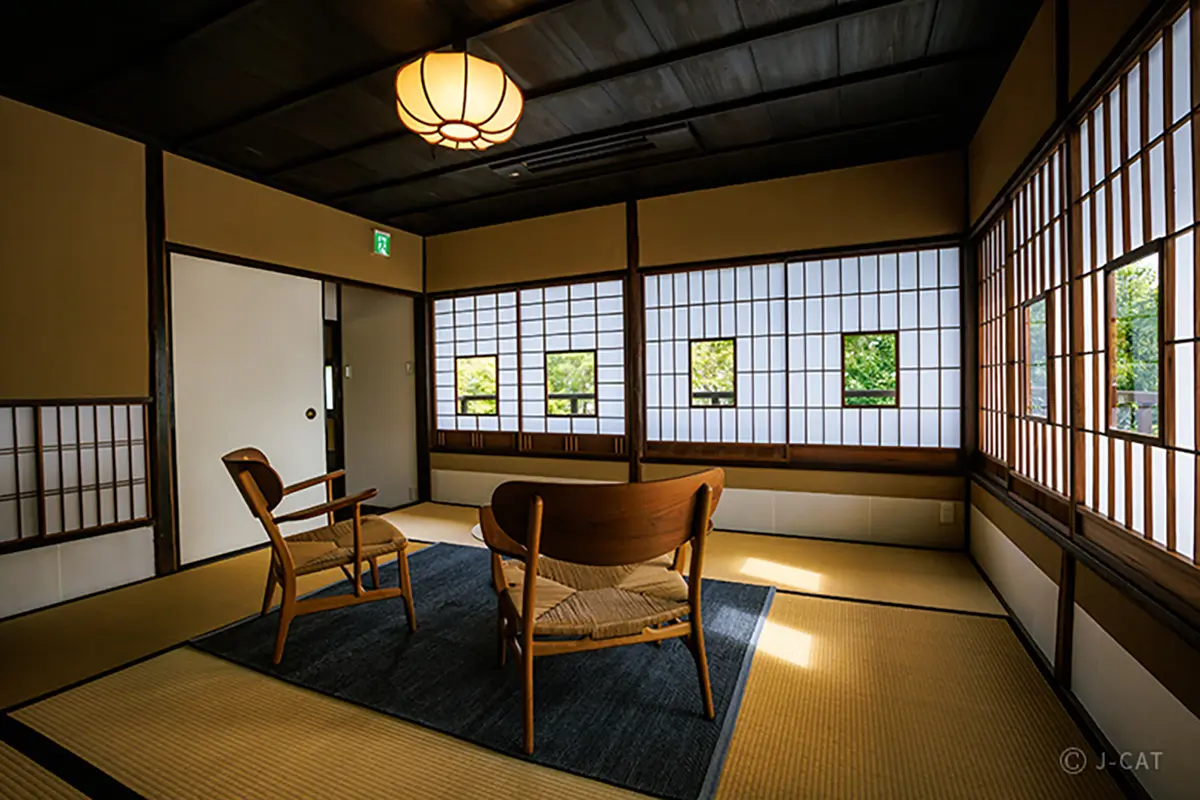
Learn Kintsugi From an Artisan at a Lacquer Studio
Kintsugi refers to the Japanese art of repairing broken or chipped ceramics using lacquer mixed with powdered gold. Rather than concealing the cracks, it emphasizes them, turning the piece into something even more beautiful and unique than it was before.
In this experience, you’ll learn kintsugi techniques to repair a vintage pottery piece of your choice at Hyobodo, a workshop specializing in lacquer crafts. Before taking the piece home with you, you’ll enjoy a tea break with matcha and Japanese sweets.
Click on the link to book this kintsugi class in Kyoto. Follow the link to read about our kintsugi experience at Hyobodo.
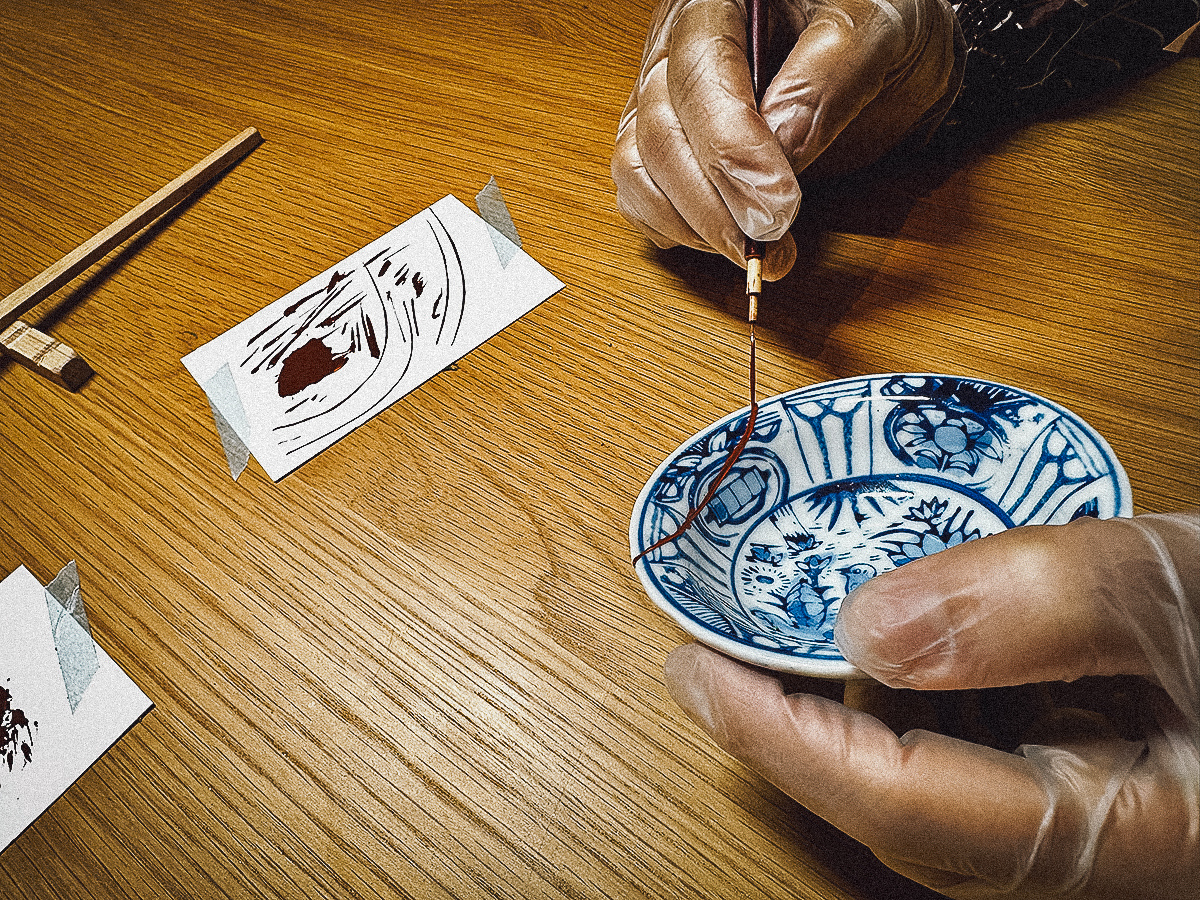
Craft Bamboo Chopsticks in Kyoto’s Bamboo Heartland
If you love Japanese food, there’s no better souvenir to commemorate your trip to Japan than chopsticks crafted by your own hands. Chikubuen, a shop and gallery located in Kyoto’s preeminent region for high-quality bamboo production, helps you do just that.
In this experience, you’ll create your own bamboo chopstick set before sitting down to a cup of matcha and wagashi.
Click on the link to make your own chopsticks in Kyoto.
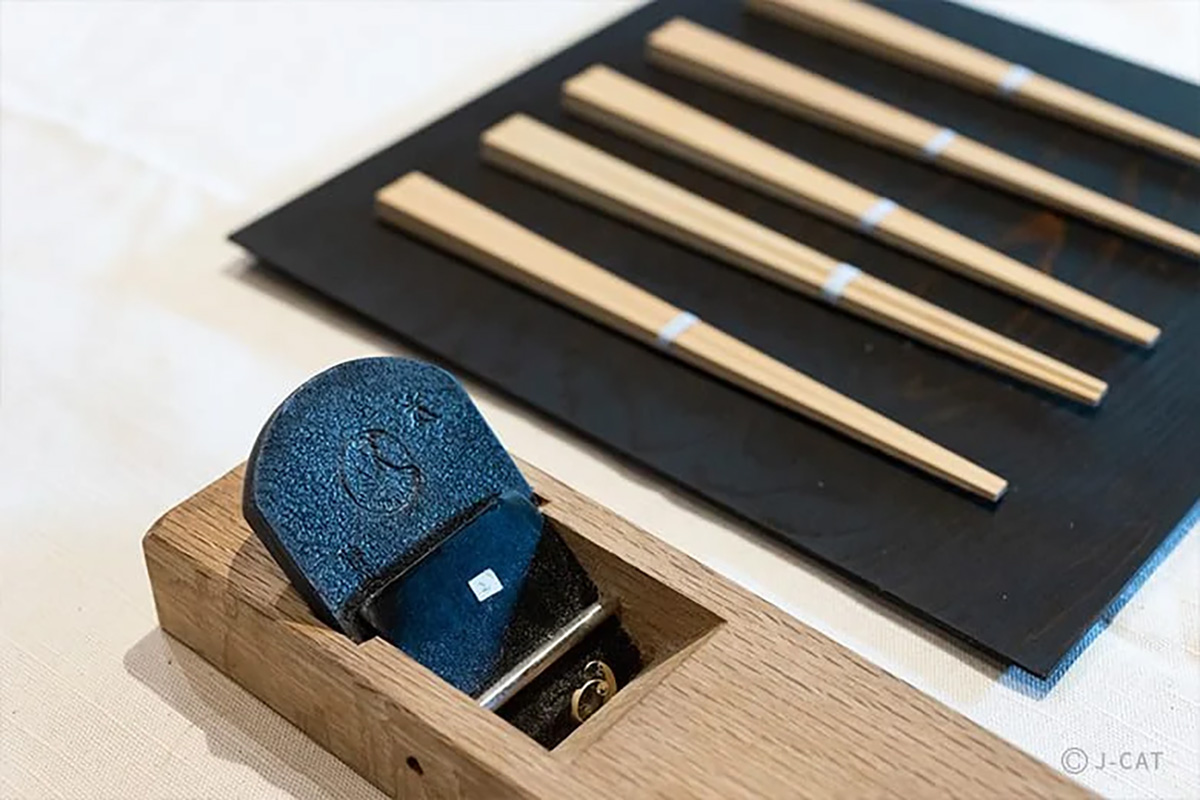
Experience Traditional Dyeing and Create Your Own “Japan Blue” Stole
Aizome or indigo dyeing has a long history in Japan. It dates back to at least the 8th century when it was initially reserved for the aristocracy before becoming widely available to the working classes due to its practicality and durability. Aziome became so widespread in Japan that a visiting British chemist gave it the name “Japan Blue”.
In this experience, you’ll visit Kobo Ainoyakata – a traditional indigo dye workshop in Ohara – where you’ll be taught the process of aizome before creating your one-of-a-kind stole.
Click on the link to learn about indigo dyeing in Kyoto.
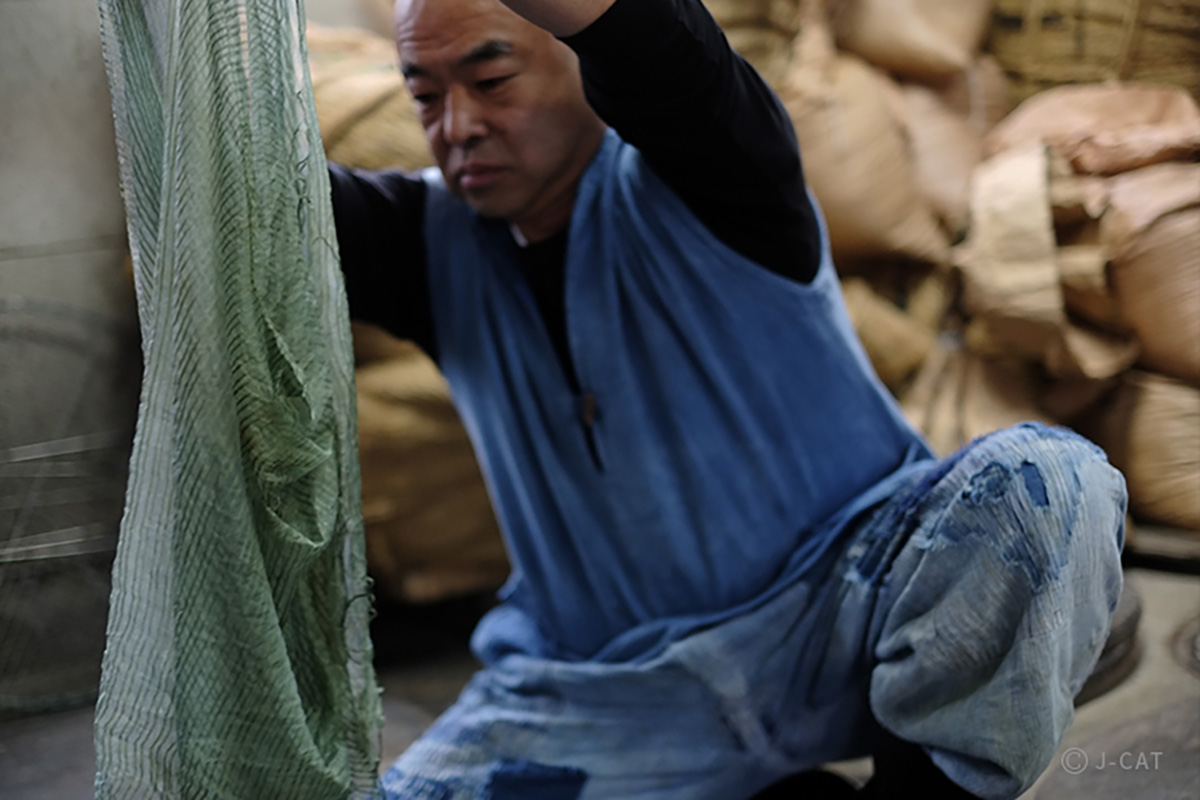
Craft a Traditional Parasol at Kyoto’s Last Remaining Wagasa Shop
A wagasa is a traditional Japanese parasol made of washi paper attached to a bamboo frame. Aside from its practical uses, a wagasa is viewed as a symbol of Japanese aesthetics, craftsmanship, and even spiritual protection.
In this experience, you’ll create your own custom parasol at Hiyoshiya, a 160-year-old store that stands as Kyoto’s last remaining wagasa shop.
Click on the link to create your own parasol in Kyoto.
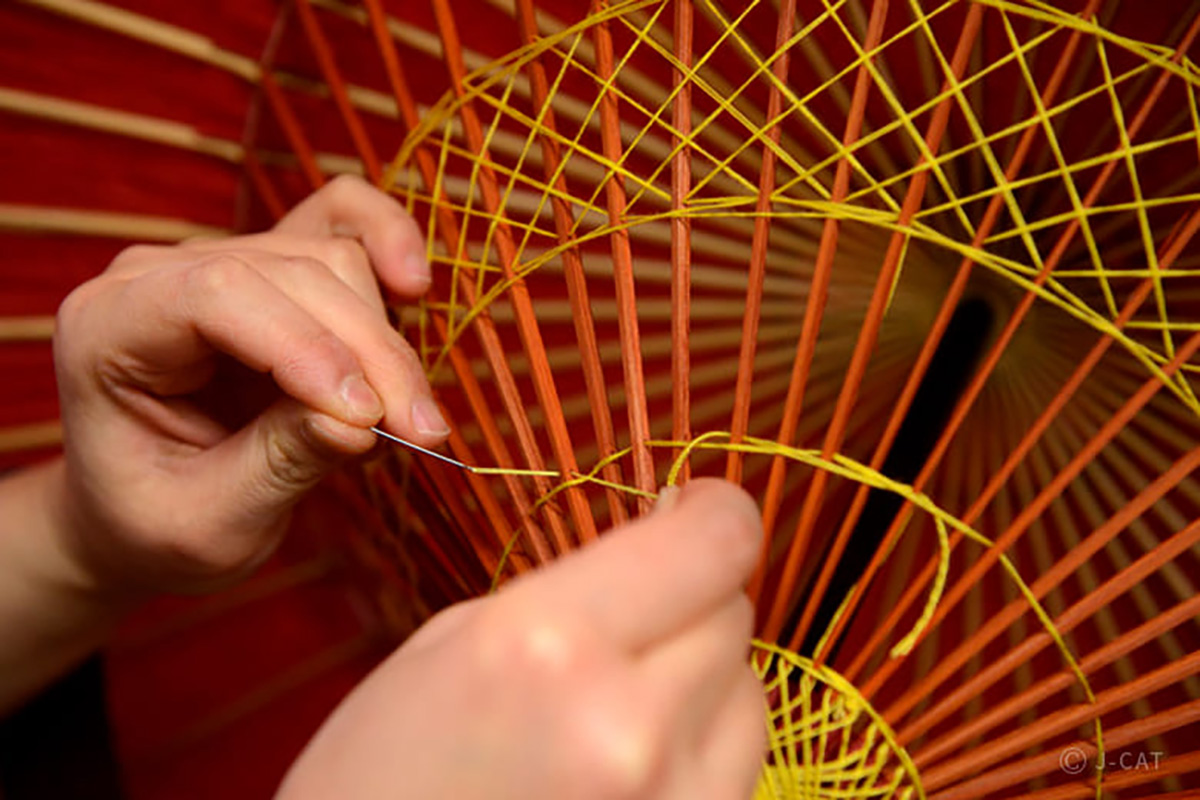
Forge Your Own Kogatana Knife With the Help of a Swordsmith
Japanese knives are among the best in the world. Made from tamahagane – a high-purity steel traditionally used in Japanese sword making – they’re revered for their sharpness, use of high-quality materials, and meticulous craftsmanship.
In this experience, you’ll craft your own personalized kogatana at Masahiro Tantojo under the guidance of Yuya Nakanishi, one of Japan’s few active swordsmiths. A kogatana is a small utility knife with a seamless blade-to-handle design.
Click on the link to forge your own kogatana knife in Kyoto.
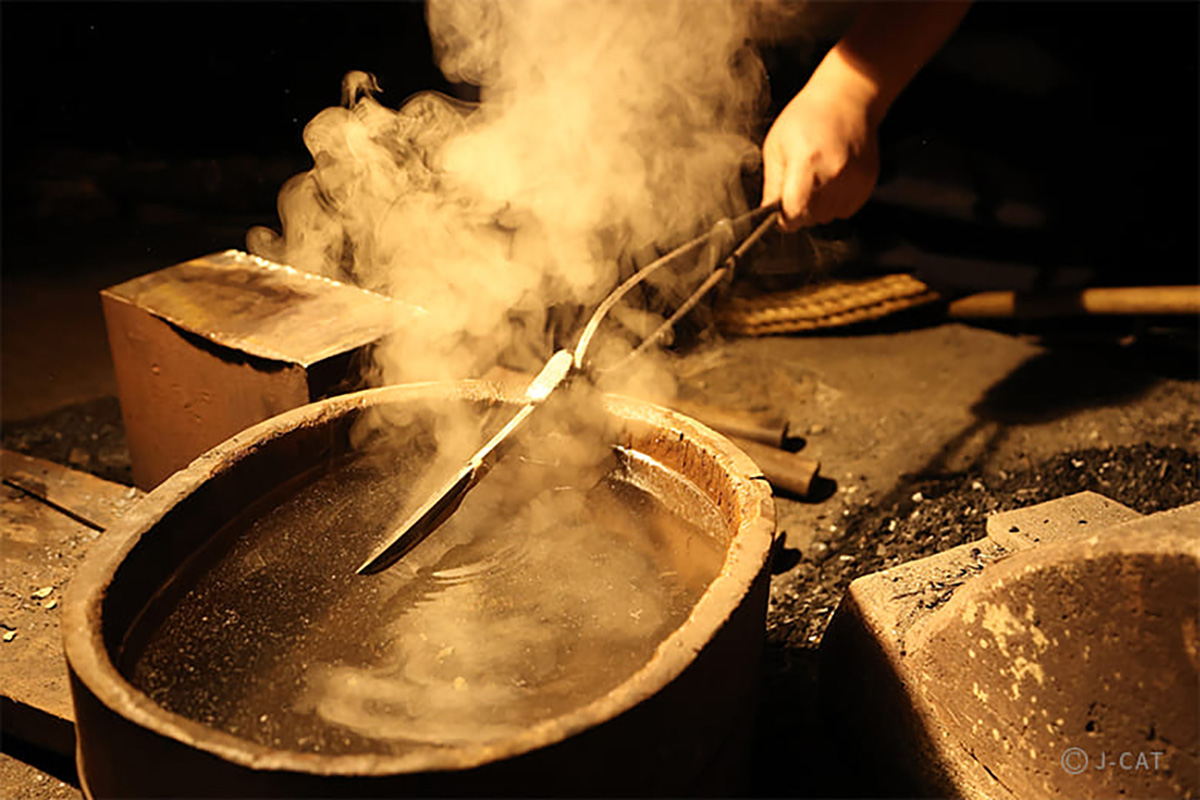
Practice Ikebana and Enjoy a Tea Ceremony at a Traditional Machiya
Ikebana – the Japanese art of flower arrangement – transcends mere aesthetics. To the Japanese, it’s a mindful practice that deepens the connection between people and nature, guided by principles of harmony, simplicity, and respect for the natural world.
In this experience, you’ll learn the principles of ikebana at Gensoan – a historic kyo-machiya in Shijo Karasuma – before proceeding to a tea room to enjoy green tea and wagashi.
Click on the link to learn about ikebana in Kyoto.
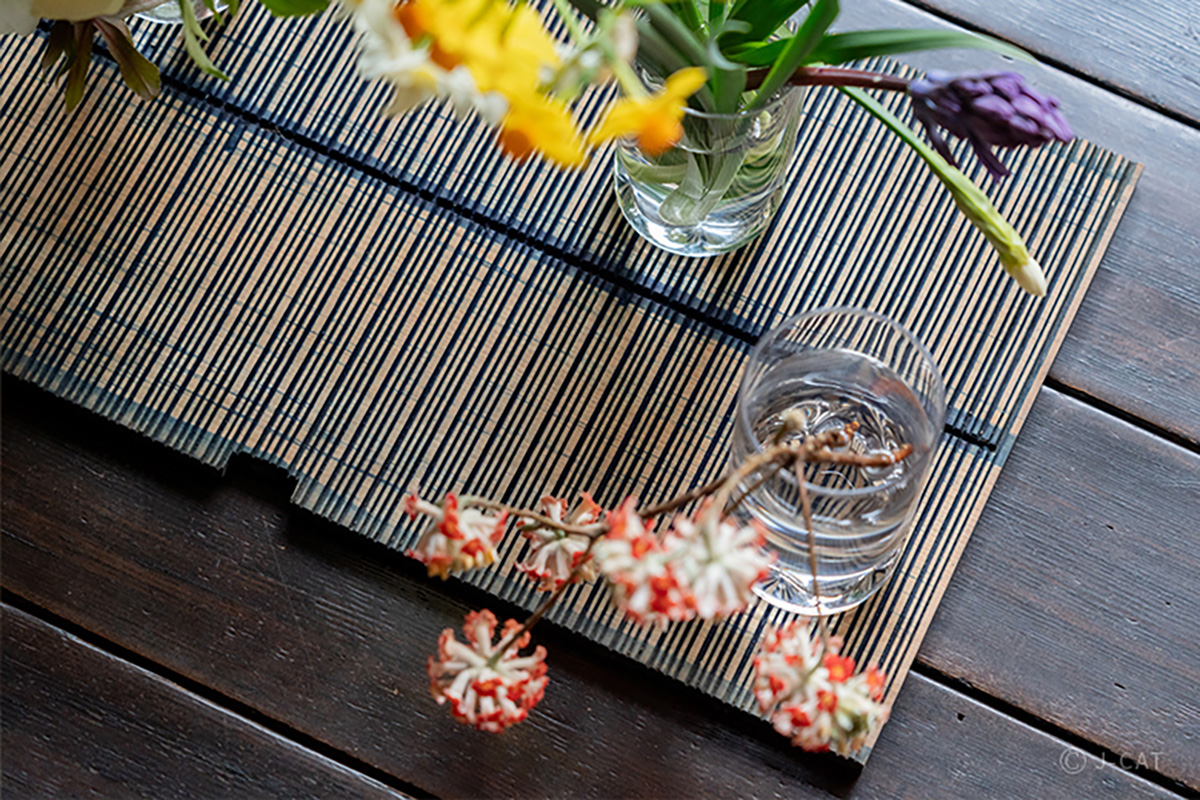
Learn Calligraphy and Enjoy a Tea Ceremony
In Japan, calligraphy is more than the art of beautiful writing – it’s a means of expressing one’s inner self and spiritual state through the meditative flow of brush and ink. For centuries, it’s been viewed as a practice that cultivates mindfulness and mental discipline.
In this experience, you’ll practice calligraphy at Saigyo-an Hermitage – an institution associated with Japanese poet Saigyo Hoshi – before celebrating your work with a tea ceremony presided over by Saigyo-an’s tea room master.
Click on the link to learn calligraphy in Kyoto.
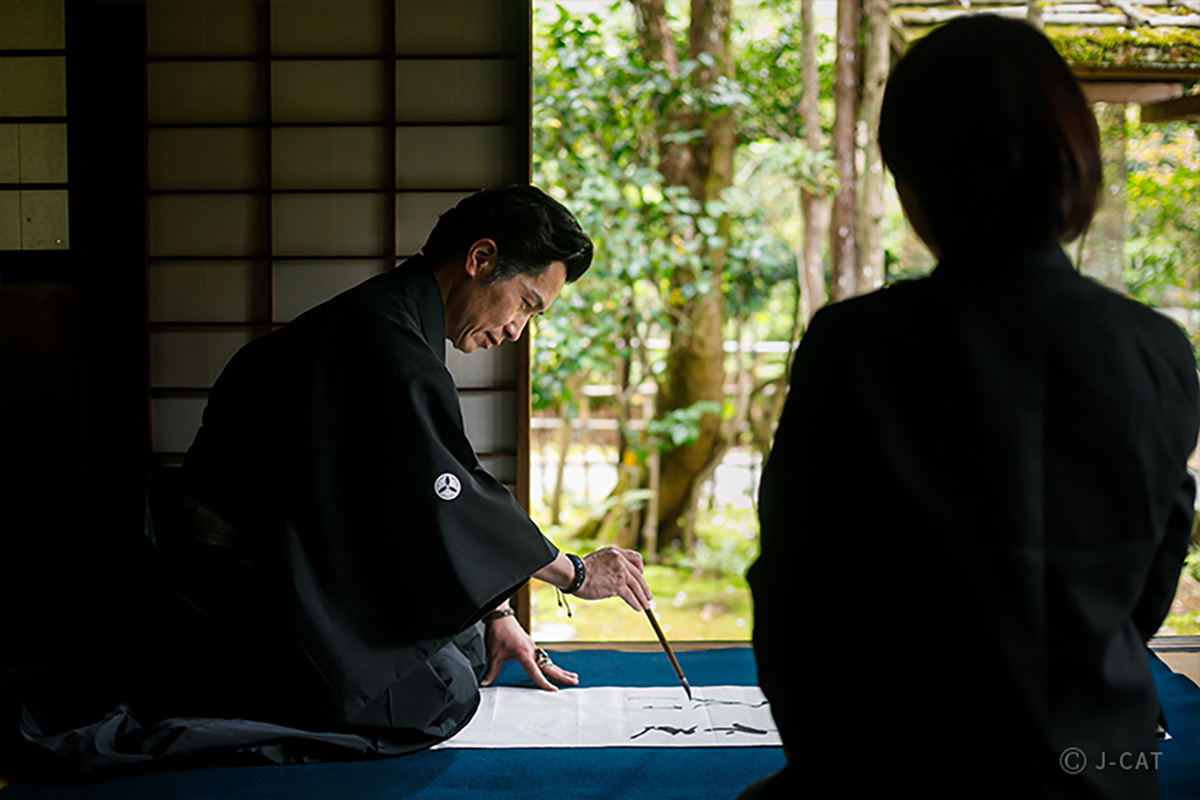
Experience a Nighttime Zazen Session and Shojin Ryori Cuisine
Zazen is a seated meditation practice. Central to Zen Buddhism, it’s a mindfulness practice that allows for present moment awareness, giving insight into one’s true nature by simply observing thoughts and sensations without judging them.
In this experience, you’ll take part in a nighttime zazen meditation session at Hozen-in Temple, led by its deputy head priest. After the meditation, you’ll savor a traditional shojin ryori meal, followed by tea and a kanten jelly dessert.
Click on the link for more information on this Zen meditation experience in Kyoto.
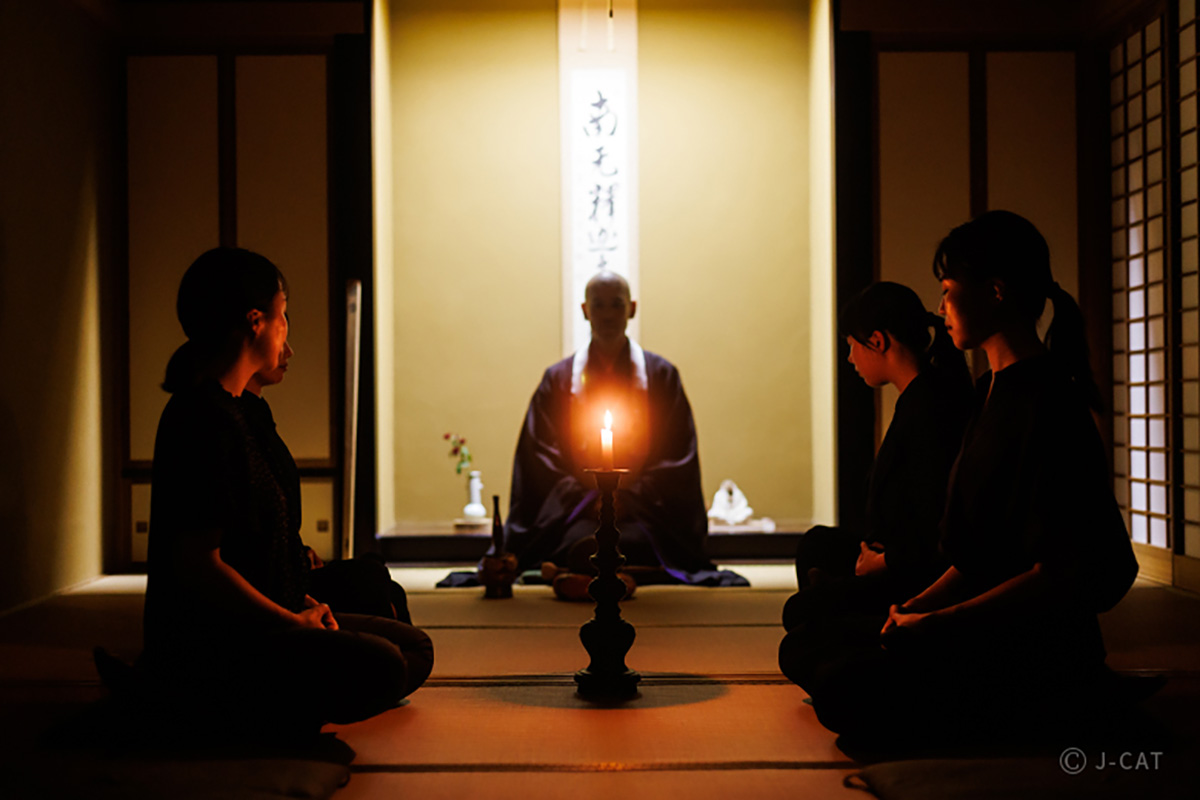
WHAT PEOPLE ARE SAYING ABOUT WABUNKA
“My girlfriend signed us up for a Kintsugi class when we were in Kyoto – it was a great experience! An interesting mixture of calming but very exacting and requiring precision – and it was especially interesting as there’s nothing like it in the US. We each got to take home two pieces – a little nervewracking trying to keep them intact but we succeeded.”
– ianperera (Reddit, 2023)
“We booked the Experience Noh with Actor Keizo Nagayama – Private Show & Practice for 2 persons in Tokyo back in May 2024. It was worth it.“
– AmbitiousReporter516 (Reddit, 2024)
“Zazen Meditation & tea ceremony experience at Daitoku-ji Temple. A once in a lifetime experience being introduced to zazen meditation by a proper monk and being served light matcha in a tea ceremony in an original wooden tea house. Very thoughtful, intimate & warming environment. Both the monk and our interpreter were very welcoming & friendly. Would recommend to others 10/10 & book again with Wabunka.“
– GodAtum (Reddit, 2024)
“Yes! We actually did the latter experience [candlelit tea ceremony experience with kaiseki meal and cocktails] and enjoyed it because we learned a lot about tea ceremonies and customs. However, the food was average and the restaurant venue where it was held gets mixed reviews at best (under 3.5* on Google). So I’d recommend only booking if you can research their partner / venue beforehand to ensure it’s totally worth it. They also have a punitive cancellation policy – 1 week (or less) in advance, if you want to cancel you don’t get any refund.”
– No-Throat-3629 (Reddit, 2025)
Disclosure
This article on luxury experiences in Kyoto contains affiliate links, which will earn us a small commission if you make a booking at no extra cost to you. As always, we only recommend products and services that we use ourselves and firmly believe in. We appreciate your support as it helps us make more of these free travel guides. Arigato gozaimasu!
Images courtesy of Wabunka

